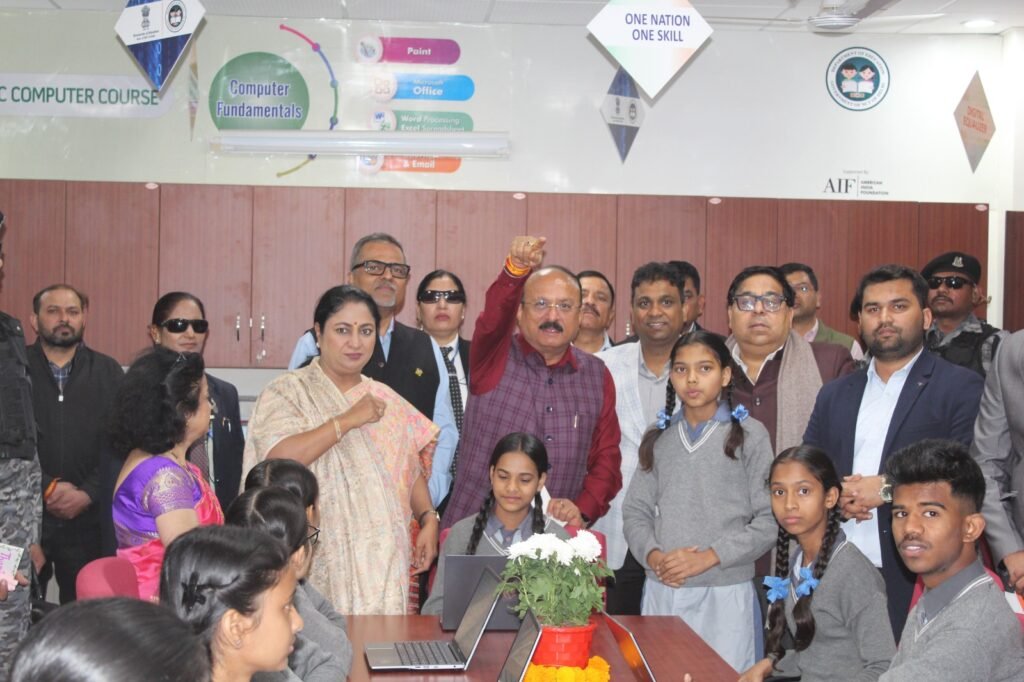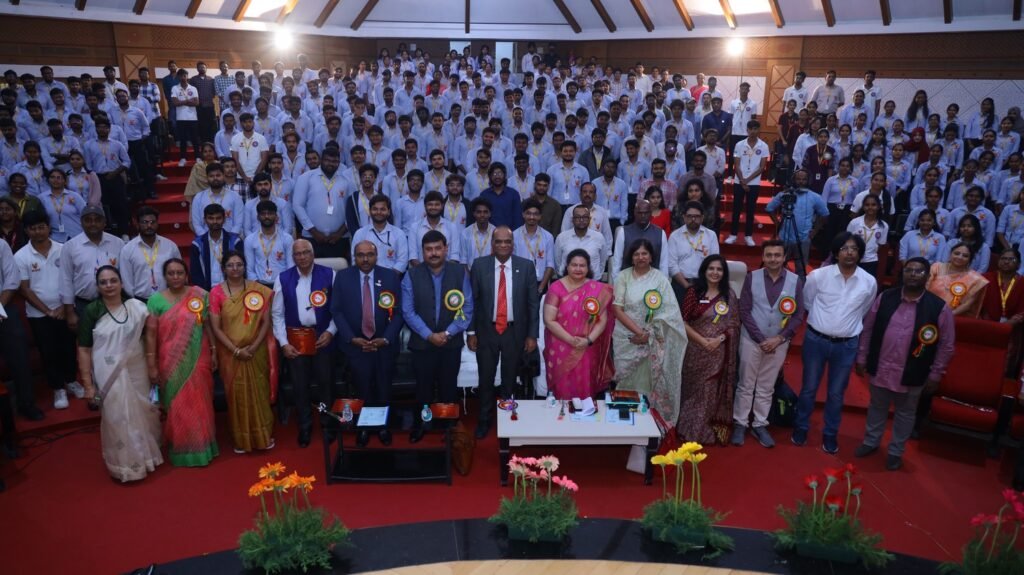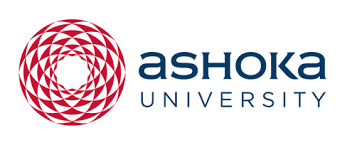Kuldeep Agarwal, Vice Chairperson, Board of Open Schooling and Skill Education (BOSSE), Sikkim, on how the Board is empowering students of the region by providing them relevant, quality education and skilling
Kuldeep Agarwal, Vice Chairperson, Board of Open Schooling and Skill Education, Sikkim, started his career as English Teacher from Modern School, Barakhamba Road, New Delhi in 1983. Thereafter, in 1986, he started teaching at Delhi University Department of Education (popularly known as CIE). Later, he was also Director (Academic & Open School), Board of School Education Haryana, Govt of Haryana for two stints. He retired as Director (Academic), NIOS (National Institute of Open Schooling), Govt of India in 2016, where he had two stints.
An alumnus of St Stephen’s College and Department of Education, Delhi University, Agarwal is a PhD in Education. He has a deep understanding of education in general and open learning in particular. Agarwal describes the need of an Open Schooling Board in the North East and the role BOSSE is playing. Excerpts:
With what objective was the Board of Open Schooling and Skill Education set up and what role is it playing in the empowerment of future generation?
The provision for open schooling facility to school children in the State of Sikkim has been one of the high priorities of the Government of Sikkim. Recognising the due importance of providing open schooling facility, the Board of Open Schooling and Skill Education Act (Act No. 14 of 2020) was passed by the Sikkim Legislative Assembly on 21st Sept. 2020. Subsequently, Gazette Notification was published on 8th October, 2020. BOSSE was established to identify ‘out of school children’ and to enrol them with the Board as per their eligibility.
The objective was empowerment of the future generations in the region. There are three National Boards and most states have their own Boards. Sikkim did not have its own School Education Board till BOSSE was established. The schools in the State, even Government Schools, are affiliated to CBSE. Now, the need for a Board of their own was felt. There was also the realisation that Open Schooling System will benefit the out-of-school children in Sikkim, as there is a dropout rate of more 25 per cent.
While the formal schools in the State are already running well, the out-of-school children would be benefitted by an Open Schooling Board. There was also a perceived need to combine academic education with vocational or skill education. This has also been emphasised by the NEP (National Education Policy), 2020. Thus, the Board of Open Schooling and Skill Education (BOSSE) was started with these objectives in mind.
The vision of BOSSE is: “To contribute to the universalisation of school education, by providing inclusive flexible, quality school education for life and livelihood, imparting vocational skills along with academic education for sustainable development of nation and society.”
Open Schooling stands for ‘Freedom to Learn’, ‘Learning to Learn’ and ‘Lifelong Learning’. In this spirit, we provide utmost flexibility for learning – no upper age limit, bringing education to the doorsteps of the students, who can learn at their own place, own pace; and study subjects of their own choice, etc.
What has been the reason for such a high dropout rate? This is the case all over the country, not only in Sikkim. According to a recently reported survey (NFHS-5 Survey), the net attendance ratio has fallen from 83 percent in primary school to 66 percent at the secondary school level. The dropout rate is more than 25 percent in Tripura, Sikkim, Nagaland, Meghalaya, Madhya Pradesh, Assam, and Arunachal Pradesh. In fact, four states have registered a dropout rate of more than 30 percent. According to the survey, the most common reason reported for children dropping out of school was “lack of interest in studies”. Other major reasons found were: Costs too much, Required for Household Work, Lack of Proper Facilities and Marriage. As far as Sikkim is concerned, another reason can be that the region is hilly and so there may be issues of accessibility.
So since starting of the Open School Board, what perceptible difference has been made and what kind of success stories have come to light?
As we have seen, BOSSE is still in its infancy; it came into being under an Act in October 2020. Within this short span, we have been granted equivalence by the Association of Indian Universities (AIU); the National Institute of Open Schooling (NIOS), Government of India, have also recognised BOSSE; and we have also acquired Membership of COBSE (Council of Boards of School Education). We have also got ISO certification within this short span. And to add some success stories, two students/pass-outs of BOSSE have cracked the NEET exam for medical education.
The Nursing Council has granted us recognition and some students are doing nursing after passing out. Similarly, Pharmacy Council of India has also granted us recognition. So, our students are getting into various fields.
Open education has greatly deployed technology to impart education. During Covid, how did open schooling platforms leverage the already existing digital infrastructure and did these platforms extend assistance to brick-and-mortar education institutes?
Yes, actually. We ourselves decided to embrace technology fully. We have online examinations, for which we have tied up with AON, an international company that has a highly effective, user-friendly online platform for exams. And we also provide online classes in all subjects, on Jio meet.
Now that Covid has ended, what will your format be now? Will you be tying up with schools to impart education?
We already have study centres. Just like NIOS, the process is the same, with online classes and facilitators at study centres who are there to help students.
The National Education Policy envisages far-reaching changes in school and higher education, with due emphasis to skills development and instruction in one’s own language. To what extent is the Board already aligned with what NEP espouses, and what changes are being brought in to further bring the Board in sync with NEP?
Name of the Board itself has ‘Skill Education’ in it. We offer a variety of vocational courses also at secondary and senior secondary level. Learners can opt for one vocational subject. We encourage them to take up vocational courses, rather than imposing them by making them compulsory. And students are going for subjects like Computer Science and trades in culinary sciences, like Baking & Confectionery.
Till now, we have online assessment, which is in MCQ format and the question papers are set by experts in each subject. Teachers from Universities, Colleges, Schools, and other institutions like NCERT and NIOS have been involved in setting the questions. In future, we may plan to have some descriptive questions also because the EON platform that we are using for assessment has a provision for that. Examinees can type or write by hand and upload their answers.
As far as study materials are concerned, we have started using NIOS curricula and study materials, with their permission. But soon, we are going to launch our own curricula and study materials. We have already developed our own curricula and study materials for 22 subjects. Work in more subjects is going on. It is an ongoing process. And in designing the curriculum, we have kept in mind the recommendations of NEP 2020. NEP 2020 lays emphasis on India-centred education as well as current concerns like Sustainable Development. In every subject we have tried to incorporate sustainable development as well as Indian knowledge systems, e.g. Vedic Maths.
We emphasise on Bharat/India-centred education, incorporating Bharatiya Knowledge, Wisdom and Values in the Curricula and Study Materials. In every subject, we have given its origin and evolution, which brings out the contribution of knowledge and wisdom of ancient Bharat in all subjects. For instance, India gave the mathematical system to the world. But our students are not aware of that. India-centered education is an important keyword of NEP 2020 and that is what we have tried to do.
What are the challenges that you are overcoming at this stage?
We are still in infancy and challenges will be there. We have got recognition from NIOS, AIU and CBSE. We have written to all the universities and boards to recognise our certificates. However, they are taking their time to recognise our certificates, in spite of the fact that BOSSE has been established by an Act of the State Government. It takes time, but within such short period, we have already got recognition from nearly 80 universities and boards.
Once all the universities and boards recognise us, potential students will be aware of what BOSSE stands for and will see the opportunity for continuing their education. We are trying to contribute towards the cherished goal of ‘Quality Education for All’. We want to contribute towards Universalisation of School Education, tap the out-of-school children and bring them into the fold of education.



